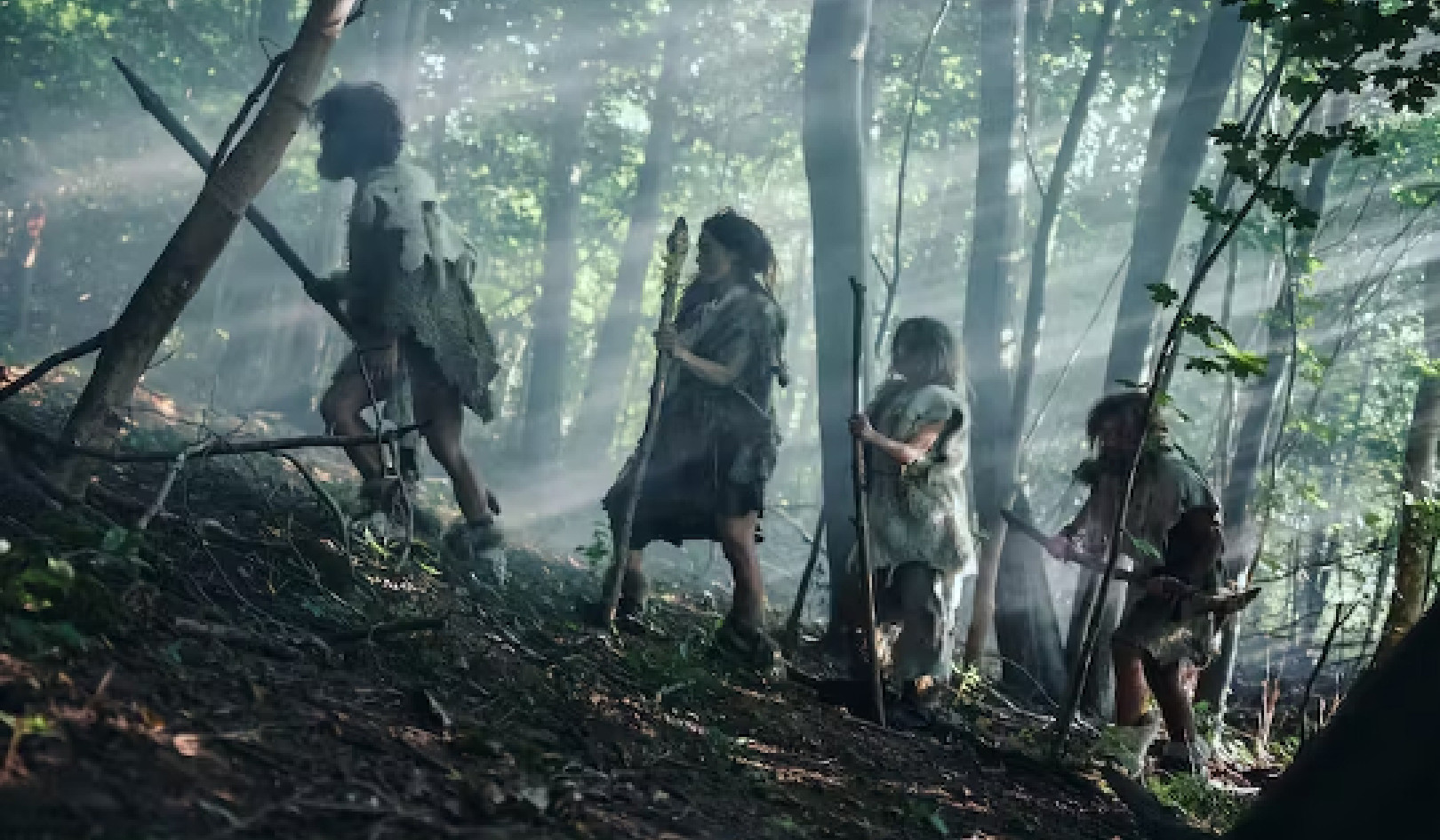
Pete Seeger has been called many things in his decades long career but no one can dispute that he was the consummate American musician activist. In both his music and his activism Seeger was a purist. When forced to testify before the infamous Un-American Activities Committee in 1955 rather than choosing the safer "refusing to self-incriminate" (5th amendment to the US Constitution), he chose the "freedom of speech" (1st Amendment).
"I am not going to answer any questions as to my association, my philosophical or religious beliefs or my political beliefs, or how I voted in any election, or any of these private affairs. I think these are very improper questions for any American to be asked, especially under such compulsion as this."
Seeger paid dearly for his stance as he was convicted of contempt of Congress and sentenced to jail time but that decision was later overturned on appeal. Damaging still was the attempt to silence him by blacklisting him in a decade long ban that nationally was broken by the comedy, folk group The Smothers Brothers on the popular 1960s CBS variety show.
His controversial song "Waist Deep in the Big Muddy", in which the lyrics could have been interpreted as an allegory of President Johnson and the Vietnam War, was cut by CBS but later sung in a follow up broadcast in January of 1967.
{youtube}uXnJVkEX8O4{/youtube}
Much has been written about Pete Seeger's contribution to the important social causes of labor rights, civil rights, environmentalism, anti-nuclear proliferation, or anti-war movements, but suffice it to say he is a man of the ages and far bigger that those who tried to silence him. He was to the end always the populist and always the pathfinder. But his greatest contribution was he taught us to sing.
The PBS film presented below is the Emmy winning film by his wife of nearly 70 years, Toshi, whose death preceded his by 6 months.
PBS -- This first authorized film biography poetically documents Pete Seeger’s unique experience and contributions to folk music and society. Seeger (May 3, 1919 – Jan. 27, 2014) introduced America to its own folk heritage, got a whole generation passionate about playing the guitar and picking the banjo, and got them singing together and using music as a force for social change.
He deeply believed in the power of song, convinced that individuals can make a difference. Largely misunderstood by his critics, including the U.S. government, for his views on peace, civil rights and ecology, Seeger went from the top of the hit parade to the top of the blacklist — banned from commercial television for more than 17 years. Seeger’s inspiring, but not always easy, story is told by Bob Dylan, Joan Baez, Bruce Springsteen, Natalie Maines (the Dixie Chicks), Tom Paxton, Arlo Guthrie, and Seeger himself, through a remarkable historical archive. Directed by Jim Brown. 90 minutes.
Watch Film: Pete Seeger: The Power of Song
About the Author
 Robert Jennings is co-publisher of InnerSelf.com with his wife Marie T Russell. He attended the University of Florida, Southern Technical Institute, and the University of Central Florida with studies in real estate, urban development, finance, architectural engineering, and elementary education. He was a member of the US Marine Corps and The US Army having commanded a field artillery battery in Germany. He worked in real estate finance, construction and development for 25 years before starting InnerSelf.com in 1996.
Robert Jennings is co-publisher of InnerSelf.com with his wife Marie T Russell. He attended the University of Florida, Southern Technical Institute, and the University of Central Florida with studies in real estate, urban development, finance, architectural engineering, and elementary education. He was a member of the US Marine Corps and The US Army having commanded a field artillery battery in Germany. He worked in real estate finance, construction and development for 25 years before starting InnerSelf.com in 1996.
InnerSelf is dedicated to sharing information that allows people to make educated and insightful choices in their personal life, for the good of the commons, and for the well-being of the planet. InnerSelf Magazine is in its 30+year of publication in either print (1984-1995) or online as InnerSelf.com. Please support our work.
Creative Commons 4.0
This article is licensed under a Creative Commons Attribution-Share Alike 4.0 License. Attribute the author Robert Jennings, InnerSelf.com. Link back to the article This article originally appeared on InnerSelf.com



























